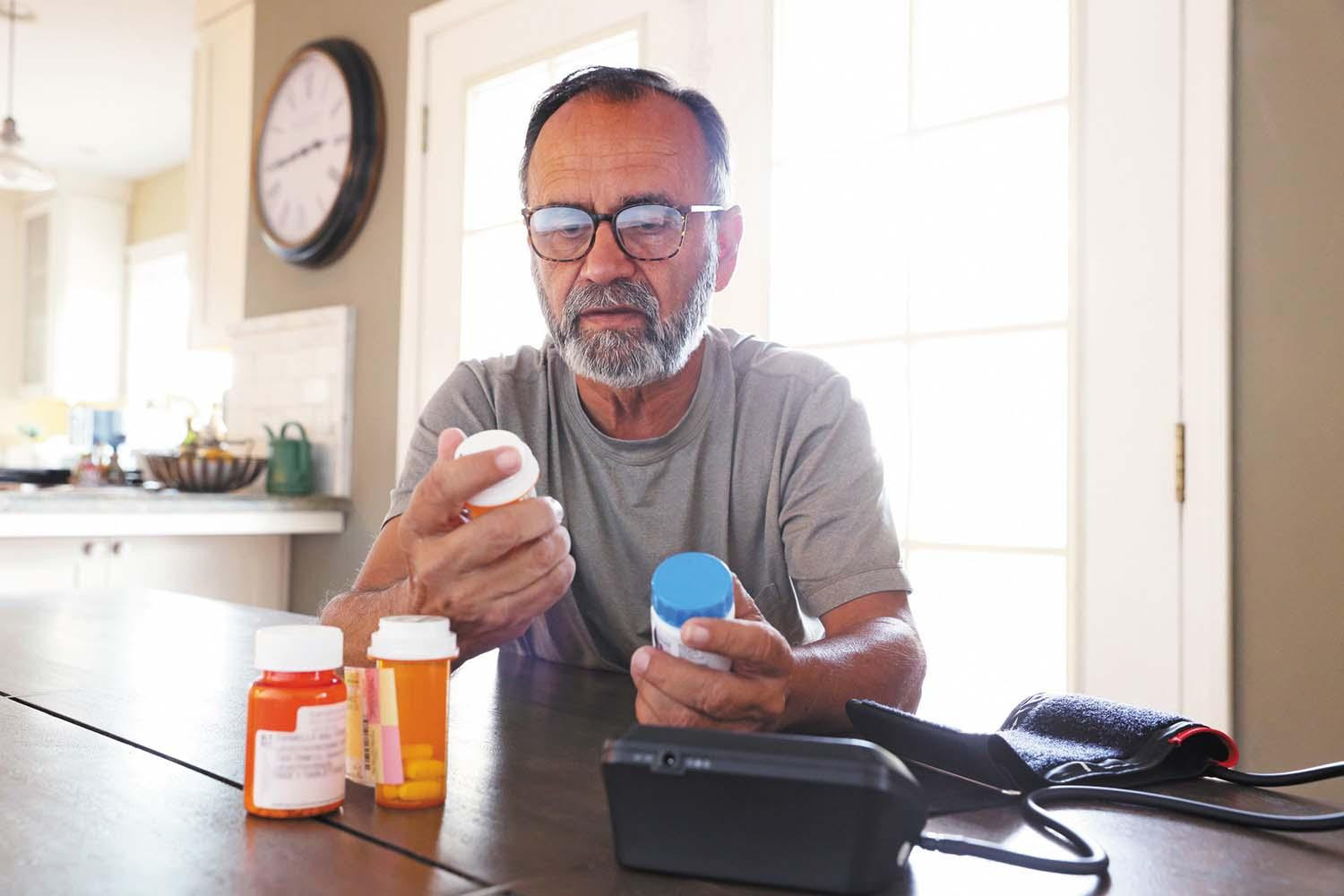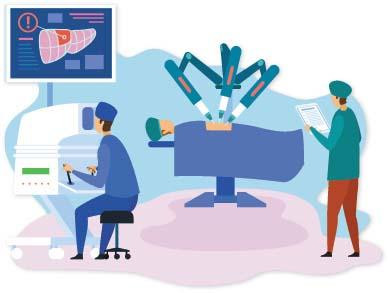
Driving with arthritis pain: Stay comfortable — and safe — behind the wheel

Daily cup of coffee may prevent afib recurrence

Gene-editing therapy lowers harmful blood fats in early study

What is EMDR therapy, and who can it help?

GLP-1 drugs versus bariatric surgery for treating obesity

Two dumbbells, three exercises, and 10 minutes

Easing the emotional burden of IBS

Modify your push-ups to meet your fitness level

What is long QT syndrome?

Stroke survivors may benefit from very low LDL levels
Surgery Archive
Articles
Surgery may have an edge over injections for carpal tunnel syndrome
A 2025 randomized trial of people with carpal tunnel syndrome found that 57% of those who had surgery as a first-line treatment recovered within 18 months, without additional treatments, compared with 13% of people who received steroid injections instead.
Staying healthy after a heart procedure
After common heart procedures or surgeries, medications to help prevent heart attacks and strokes are essential. These include a combination of drugs to prevent blood clots (which is known as dual antiplatelet therapy and usually taken for just one year); drugs to lower LDL cholesterol down to 70 milligrams per deciliter or lower; and drugs to keep blood pressure and blood sugar in a healthy range.
4 questions to ask before you get anesthesia
The four types of anesthesia include local anesthesia, regional anesthesia, monitored anesthesia, and general anesthesia. Before getting anesthesia, one should ask the doctor which type of anesthesia will be administered, what its risks are, and if delirium is a high risk. One should also ask how to prepare for anesthesia in the days leading up to a procedure—whether medications might need to be temporarily halted, when to stop eating or drinking before surgery, and whether to schedule measures to help reduce delirium.
Is robotic surgery a good idea?
In robotic surgery, a surgeon controls robotic instruments that perform the operation, based on what the surgeon sees on a TV monitor. This type of surgery has many advantages: it involves small incisions, better views inside the body, and better range of motion than human hands. A research letter published in the May 2025 issue of JAMA Neurology described how robots controlled by a distant surgeon could reach in, grab, and remove blood clots stuck in a brain artery, reducing the damage from a stroke.
Is your heart ready for sex?
Most men can resume regular sexual activity after a heart attack once they can engage in mild-to-moderate physical activity without experiencing marked fatigue, chest pain, or shortness of breath. For heart-related procedures like angioplasty with stent placement (to open a blocked artery and restore blood flow), coronary artery bypass surgery, or open-heart surgery, men should wait until surgical sites have fully healed before resuming sex. At the same time, men should address any lingering heart disease risk factors, such as high blood pressure and excess weight.
When the doctor needs a new heart valve
About one in every 20 people over age 65 has a stiff, narrowed aortic valve. A Harvard physician describes his experience with this condition, called aortic stenosis, from the heart murmur detected at age 66 to his open-heart surgery a decade later. After his diagnosis, he received echocardiograms every one to two years to check the valve, and later a stress echocardiogram. Because the echocardiogram revealed an aortic aneurysm, he had open-heart surgery so the surgeon could repair the valve and the aneurysm during the same operation.
Do you really need bunion surgery?
Surgery is usually warranted when bunion pain becomes disabling, a skin ulcer develops, or it's necessary to prevent a bunion from dislocating the second toe. However, recovery can be long and painful, and there's no guarantee that bunions won't come back. Prior to surgery, it might help to use strategies that reduce bunion pain, such as adding cushioning to shoes, stretching shoes where a bunion rubs against them, getting roomier shoes or shoes made with stretchy fabrics, and using toe spacers.
Over-the-counter pills better than opioids after dental surgery
In a 2025 study of 1,800 patients undergoing dental surgery, a combination of two over-the-counter pain relievers was more effective and produced fewer side effects than prescription opioids for treating postsurgical pain.

Driving with arthritis pain: Stay comfortable — and safe — behind the wheel

Daily cup of coffee may prevent afib recurrence

Gene-editing therapy lowers harmful blood fats in early study

What is EMDR therapy, and who can it help?

GLP-1 drugs versus bariatric surgery for treating obesity

Two dumbbells, three exercises, and 10 minutes

Easing the emotional burden of IBS

Modify your push-ups to meet your fitness level

What is long QT syndrome?

Stroke survivors may benefit from very low LDL levels
Free Healthbeat Signup
Get the latest in health news delivered to your inbox!
Sign Up











